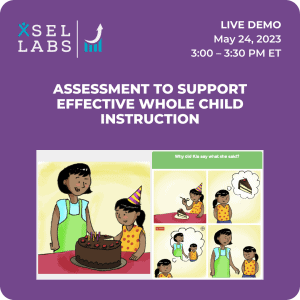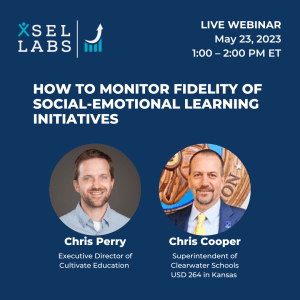Mark Greenberg, Ph.D. is the Emeritus Bennett Chair of Prevention Science at Penn State University, Board Chair of CREATE (www.createforeducation.org), and one of the founders of CASEL.
“Relationships among educators within a school range from healthy to vigorously healthy to dangerously competitive. Strengthen those relationships, and you improve professional practice.” – Roland S. Barth
What We Have Experienced
This time of the COVID-19 pandemic has raised the level of anxiety and concern for all of us. There is much to be done now to repair and rebuild our schools, relationships with students, colleagues, and parents.
A second crisis, especially in the US, but also in many other countries concerns the issues of diversity, inclusion, and a deep understanding of systemic and structural racism that has been sweeping through many communities. There is now a deep divide and a need for healing and action. As educators, being consciously aware of this divide is important for supporting the next generation of children and the kind of caring, inclusive school communities we want to create.
So, it is essential for all of us to look at ourselves, our own unconscious biases, our conscious and unconscious acts that have implicitly or explicitly supported systemic and structural racism—and more deeply understand how each of us can face these issues with forthrightness, but also kindness.
These challenges have led many educators to deeply rethink and understand (often for the first time) the systemic nature of racism in our schools. Many educators (teachers, principals, support staff) are rethinking their roles and how we can contribute to creating a more just and equitable educational system and society.
Rethinking School Communities
As students return to school this year, all educators are faced with many questions. How do we want to educate our students? How will we collaborate with our colleagues to optimize the educational experiences of our children? Will we be safe? How can each of us begin to question how systemic issues in our districts may support systemic racism and inequity? As educators across the world grapple with these and many other questions, it is imperative that we focus on the collective efficacy of adults. It is the relationships of the adults in the school that shape the culture and wellness in the school environment. So, the central question for all of us to ask is how can we enhance school communities for all children and educators? What steps can we take to reconnect in ways that develop deeper relationships and create the kind of caring school communities that all students want, all educators envision, and all parents wish for their children? We must take time to explore how these changes impact our schools. This will require us to reflect on how these recent experiences have altered our perceptions and affected our actions.
If we are going to create caring schools we must focus on rebuilding relationships and supporting teachers’ and students’ social and emotional learning. Further, we need to not only strengthen relationships in the classroom, but to nurture caring relationships across the schools for children, educators, and parents. By placing the social and emotional learning of students and teachers at the center of “rebuilding” we can create the kind of schools we all yearn for.
If we successfully focus on teacher well-being and awareness, we can create caring and challenging schools for all. To learn more about programs to achieve these goals, go to www.createforeducation.org to learn more. Watch our webinar with Mark Greenberg, PhD., Chairperson of CREATE, and Clark McKown, Founder, and President of xSEL Labs, to explore evidence-based practices for cultivating educator well-being and SEL commitment.



